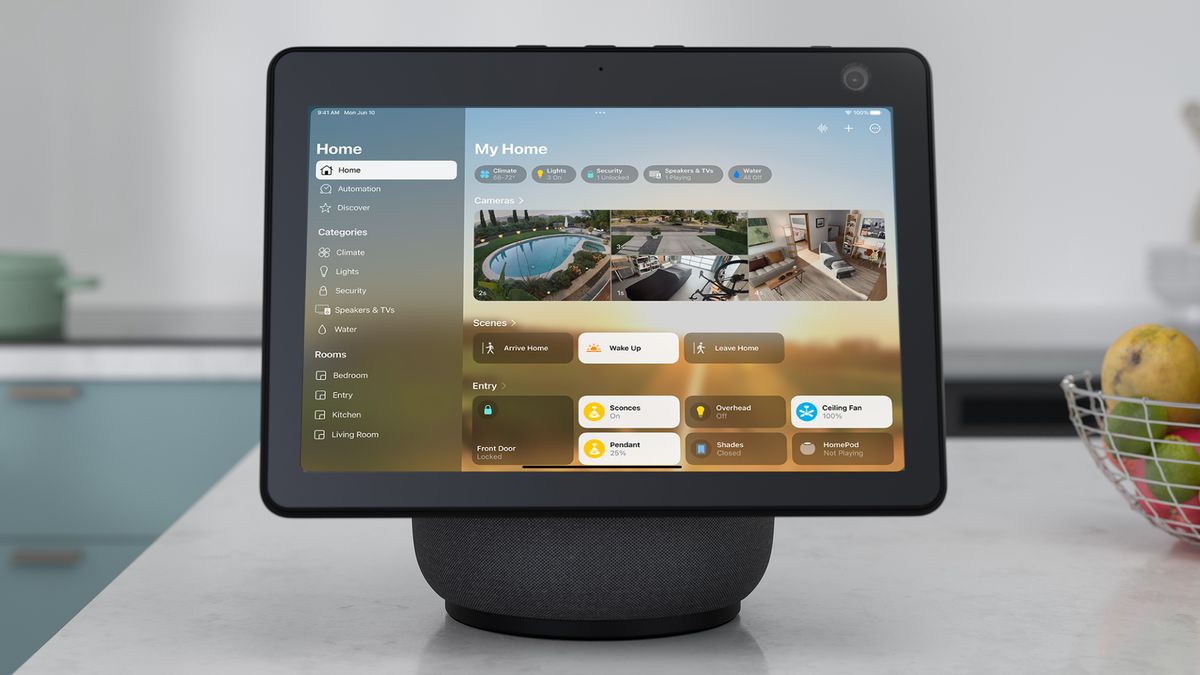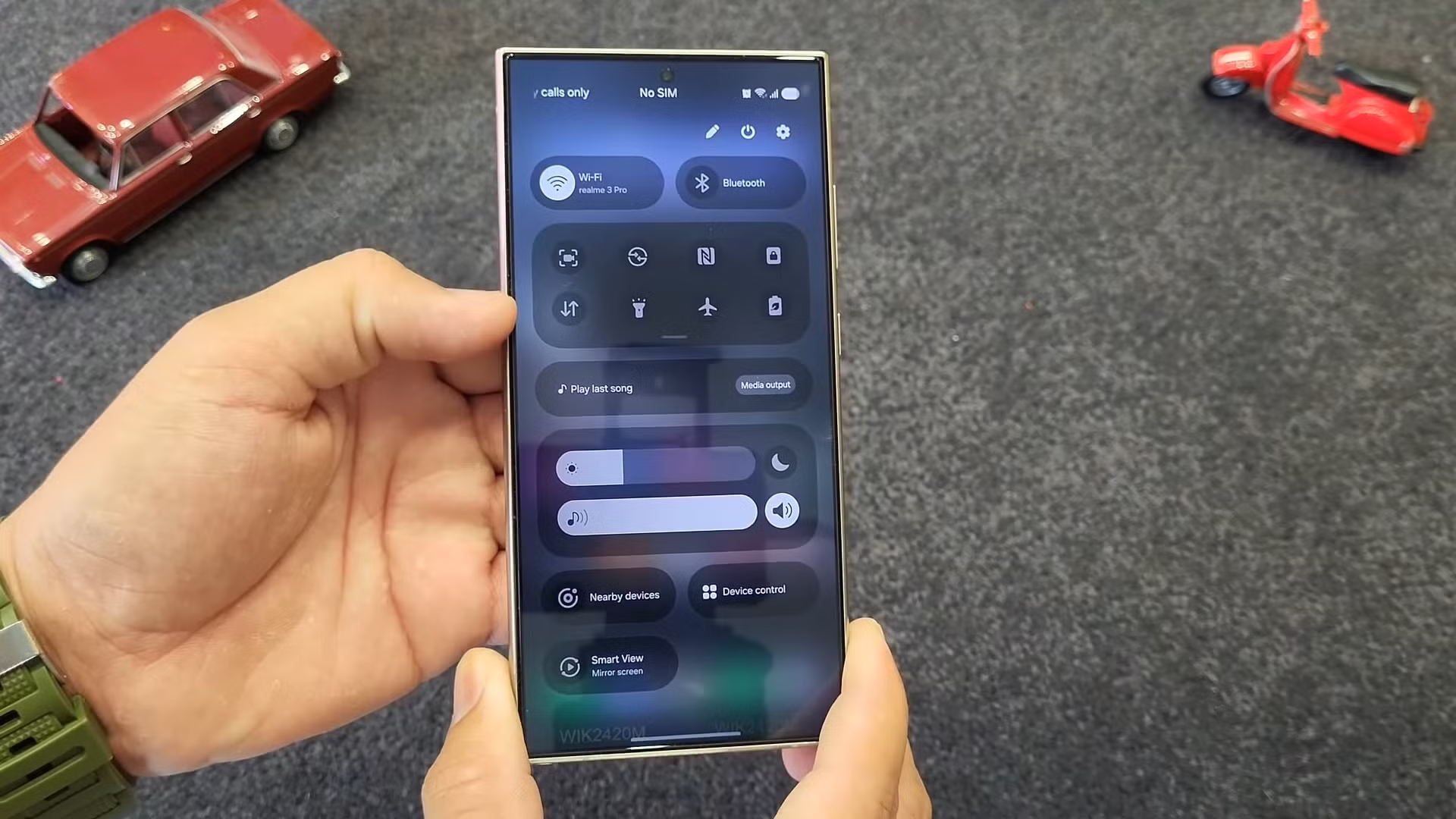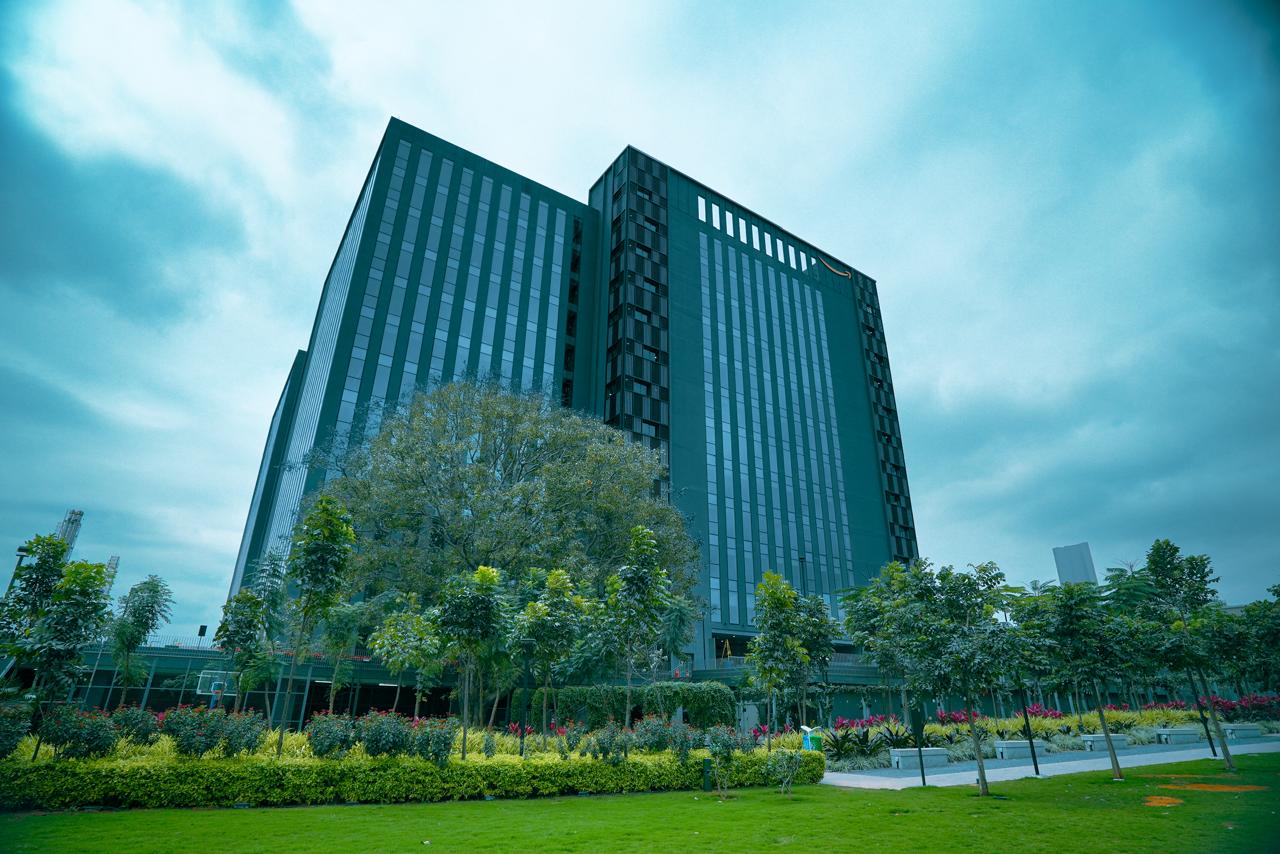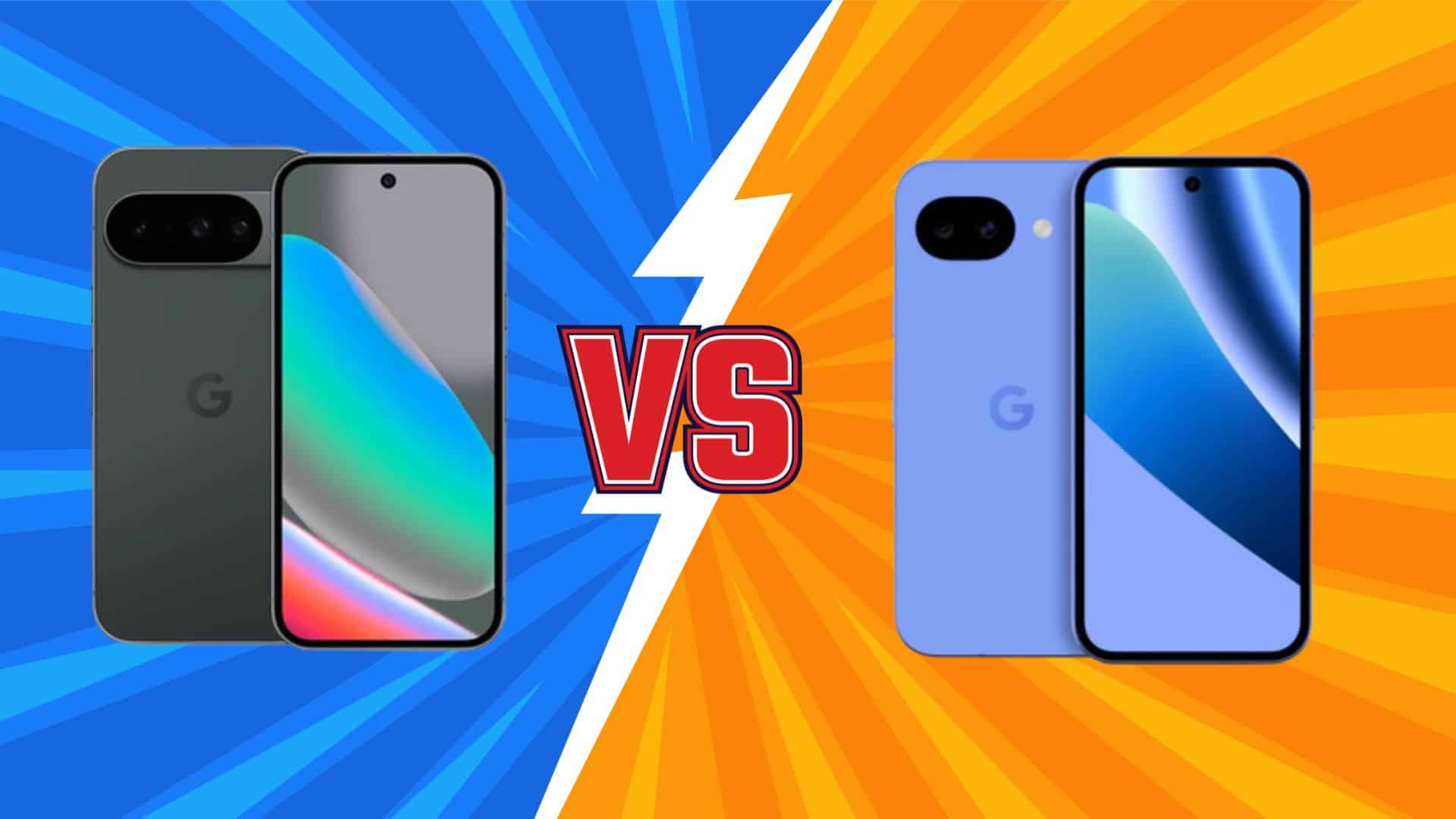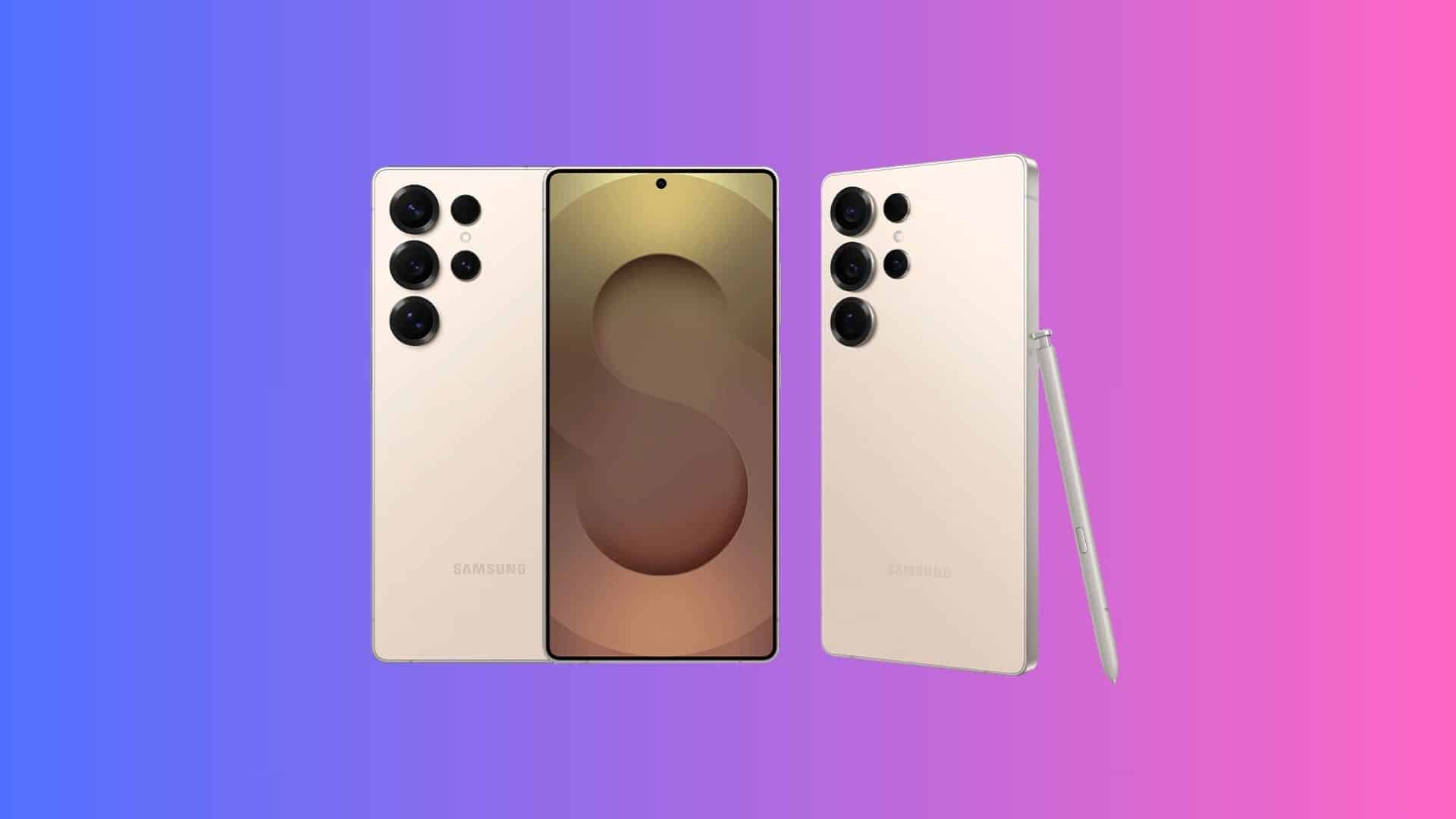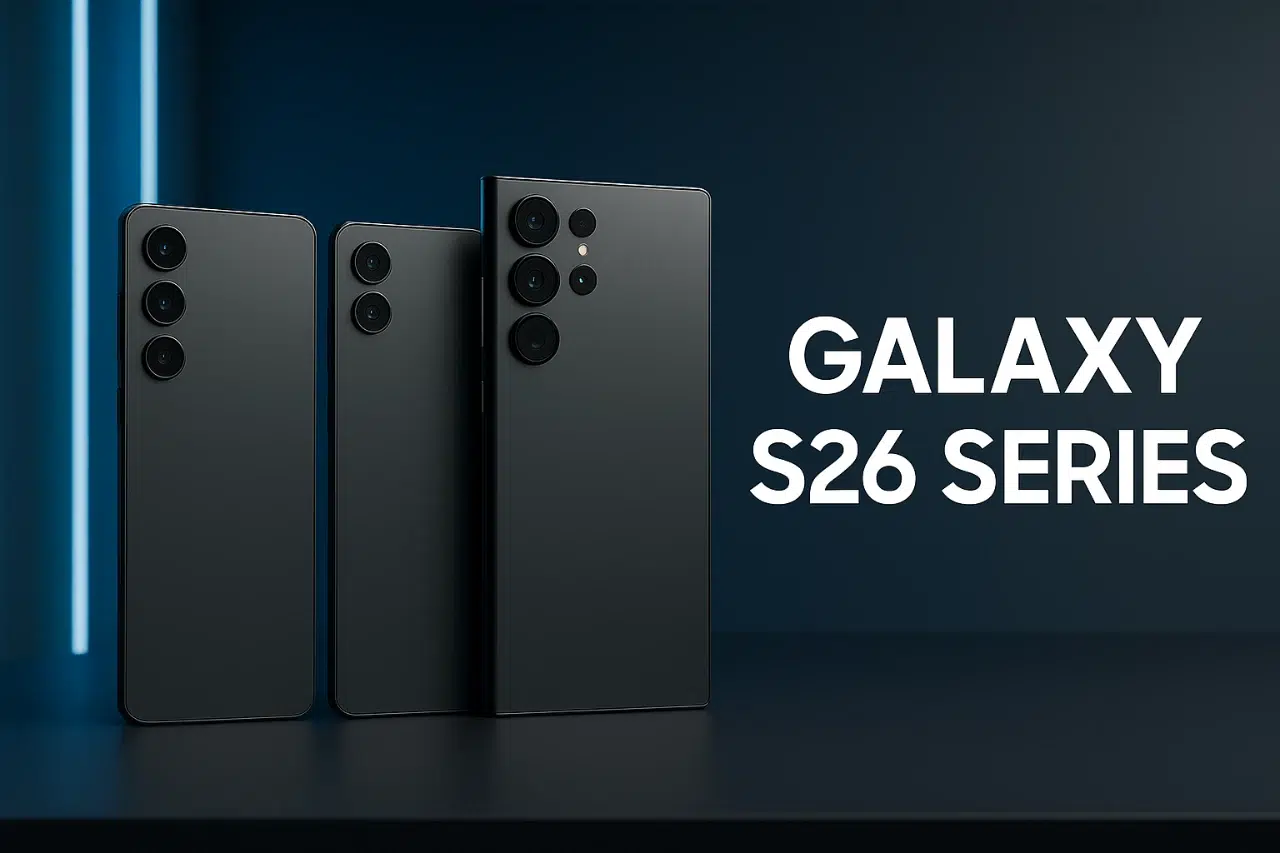Is the wait for Apple’s grand entry into the smart home market about to get even longer? Whispers are circulating that the tech giant might be facing significant hurdles in the development of its highly anticipated smart home hub, potentially pushing its debut all the way to 2026. If these rumors hold true, it could mean a frustrating delay for Apple enthusiasts eager to seamlessly integrate their homes with the company’s ecosystem.
According to a recent report from Bloomberg’s Mark Gurman, Apple is “considering a delay until 2026” for this new smart home device. The primary culprit behind this potential postponement? None other than Siri, Apple’s voice assistant, which is reportedly facing “major engineering hiccups” in its revamped version that is slated to power the hub.
This news will likely come as a disappointment to many who have been anticipating Apple’s take on the smart home. For years, rumors have swirled about a dedicated device that would act as a central command center, potentially rivaling offerings from the likes of Google and Amazon. The idea of a sleek, Apple-designed hub seamlessly connecting and controlling various smart home devices within the familiar Apple ecosystem held immense appeal.
The report suggests that Apple had initially hoped to release the product sooner, with some speculation pointing towards a launch alongside the iPhone 17 series later this year. However, these plans now appear to be in jeopardy. Gurman states that the “major engineering hiccups related to the revamped Siri voice assistant ended up delaying the product.” This isn’t entirely surprising, considering that the device is expected to be primarily controlled by voice, making a reliable and efficient Siri crucial for its success. The hub’s functionality heavily depends on Siri and the underlying App Intents technology, which allows Siri to perform actions within and between apps.
Despite the potential delay, it seems that Apple is continuing its internal testing of the device, codenamed J490, at its headquarters. Numerous Apple employees are reportedly using the hub in their own homes, suggesting that development is still underway, albeit perhaps facing some significant challenges.
Interestingly, Gurman draws a comparison between Apple’s upcoming smart home hub and Google’s Nest Hub, suggesting that it might not be a major revenue driver for Apple initially. Instead, its significance could lie in laying the groundwork for more ambitious smart home products in the future. One such product, codenamed J595, is already reportedly in development. This future device is said to feature “an AI personality, additional sensors and a robotic arm that can maneuver the screen above your desk, kitchen counter or nightstand.” 1 This hints at Apple’s long-term vision for the smart home, potentially involving more advanced and interactive devices.
The potential delay of the smart home hub also aligns with Apple’s recent announcement that the more personalized version of Siri, previewed at WWDC 2024 last June, will require more development time and is expected to arrive “in the coming year.” This timeline suggests that these enhanced Siri features might not be ready until sometime between the release of iOS 19 in September 2025 and iOS 19.4 in March 2026. This reinforces the idea that the smart home hub’s fate is closely tied to the progress of Siri’s development.
For users deeply invested in the Apple ecosystem, the prospect of a dedicated smart home hub has been an exciting one. The current options for smart home control within the Apple ecosystem primarily revolve around the HomePod, HomePod mini, and Apple TV 4K. While these devices offer some smart home capabilities, they lack the centralized control and potentially the integrated display that many anticipate in the rumored hub.
The delay, if it materializes, could be seen as a mixed bag. On one hand, it could be frustrating for those eagerly awaiting Apple’s entry into this space. The smart home market is already quite competitive, and a further delay could allow rivals to solidify their positions. On the other hand, taking the time to refine the technology, particularly the crucial Siri integration, could ultimately lead to a more polished and user-friendly product upon release. Launching a device with a subpar voice assistant experience would likely damage Apple’s reputation and hinder its adoption.
Ultimately, the success of Apple’s smart home ambitions hinges on delivering a product that seamlessly integrates with its existing ecosystem and offers a compelling user experience. While the possibility of a delay until 2026 might be disappointing, it could be a necessary step to ensure that when Apple finally enters the smart home arena with its dedicated hub, it does so with a product that lives up to the company’s reputation for quality and innovation. We will continue to monitor this developing story and provide updates as more information becomes available.



